#pagan wicca
Explore tagged Tumblr posts
Text
Nazis will never be welcome in paganism. They have no space in our communities, we will have a zero tolerance policy when it comes to nazis. You have no right to the cultures, gods and religions you hijack to spread your disgusting ideologies. You will find no refuge or comraderie amongst pagans.
Reblog to let nazis know they’re not welcome here.
#tw reblog bait#no pressure to reblog#Celtic pagan#paganism#hellenic polytheism#Norse pagan#Hellenic pagan#Celtic paganism#pagan#pagan witch#witchcraft#pagans#paganblr#pagan community#witch#pagans of tumblr#eclectic pagan#pagan wicca#pagan witchcraft#Wicca#hellenism#Hellenic deities#norse paganism#Norse gods#norse polytheism#norse witch#reblog bait
8K notes
·
View notes
Note
Feedback - That's the type of stuffs that I'm into, you described all my fetishs 🫣 Thank you a lot, I'll give it a 10/10

Thank you so much for the feedback 🫶🏻🐰
#feedback 💗#pagan wicca#hellenic pagan#pagan witch#paid services#paganism#pagan#paganblr#pac tarot#tarot pac#pac reading#tarot paid readings#paid tarot reading#paid astrology#paid readings
1 note
·
View note
Text
¿Quién negaría el infierno luego de ver sus llamas arder en los ojos de las personas…? Es el tormento de ser arrancados de la Gran Madre, de que nos nieguen la comunión con Ella; es el terror de ver bombas caer sobre niños inocentes, de asesinarnos unos a otros en nombre de un sistema que jamás nos amo. Sí, creo en el infierno; creo en él porque camino entre sus servidores.
1 note
·
View note
Text
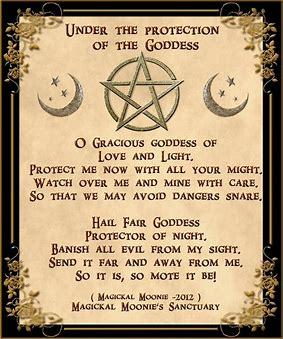
#pagan wicca#love#paganism#pagan witch#wiccan#wiccalife#tumblr#pagan#wiccablr#witchblr#witch#pentagram#female worship
5 notes
·
View notes
Text

✨ Custom Handfasting Cords – Made Just for You! ✨
Getting handfasted? Tie the knot (literally) with a one-of-a-kind handfasting cord, made just for your special day! 🌿💍
Choose your own colours, style, and design—whether you want something elegant and traditional, or you’re dreaming of a My Little Pony or Batman-themed cord… hey, I won’t judge! 🦄🦇 Want your favorite song lyrics, vows, or a personal message on a custom-printed ribbon? I can make that happen!
Each cord is handwoven with love, intention, and a sprinkle of magic—perfect for Wiccan, Pagan, and alternative weddings. 💜 Blessed and cleansed, because good energy is a must!
Just let me know your vision, and I’ll create a handfasting cord that’s as unique and meaningful as your love. 💕✨
🔮 Message me with your custom requests & let’s make some wedding magic! 🌙
#witchy vibes#pagan wicca#handfastingceremony#handfasting#handfasting cord#custom#personalise handfast cord#wedding#pagan stuff
0 notes
Text

i don’t have a filter so i altered the photo a little bit, but i wanted to show off a new veiling style i’m doing :)
3 notes
·
View notes
Text
Yule - příběh
Rohatý Bůh se každý rok zrodí o zimním slunovratu z Bohyně. V tomto období je tedy dítětem. Současně v tomto období žije Bůh starého roku jako jakási temná přítomnost na okraji světa, která je sama sobě otcem i bratrem – pohanská mytologie je plná paradoxů a incestů, wiccanský mýtus není žádnou výjimkou. Odráží hloubku života v celé její podmanivé kráse, hrozivé nevyhnutelnosti i nepochopitelnosti, proto jiný být ani nemůže. Zimní slunovrat v každém případě představuje naději na nové slunce, které díky Bohyni ráno opět vyjde. Z Bohyně je zrozen mladý Bůh, který se jednoho dne stane jejím partnerem, jeho zrození je oslavováno a oslavy někdy trvají až do nového roku.
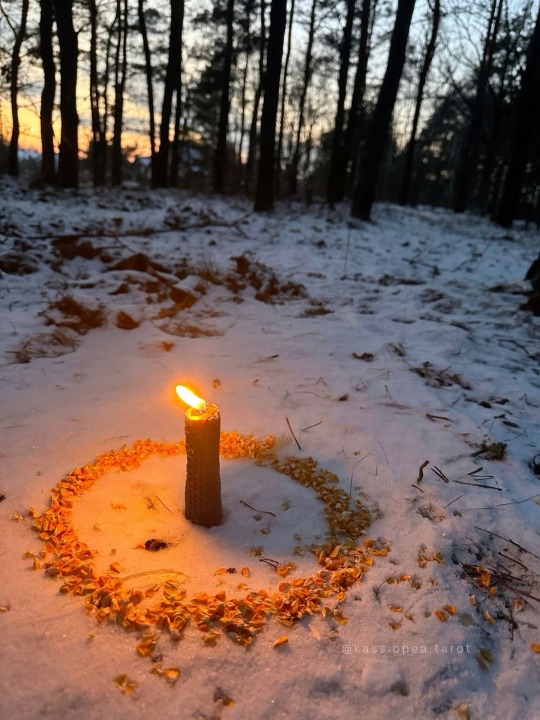
1 note
·
View note
Text
Blessed Ostara And Spring Equinox !
How's everyone celebrating? Any tips for the day?
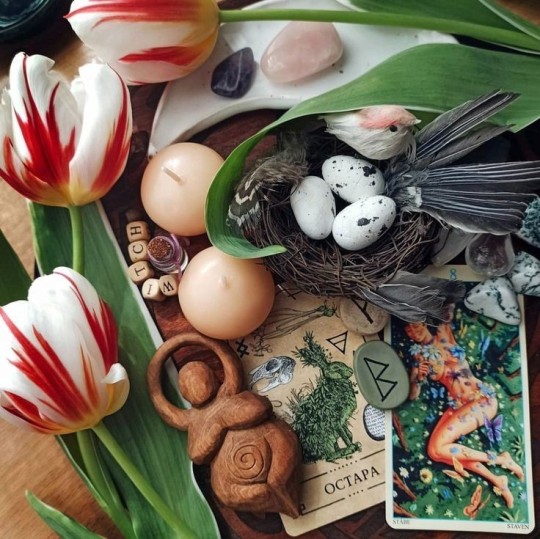
10 notes
·
View notes
Text
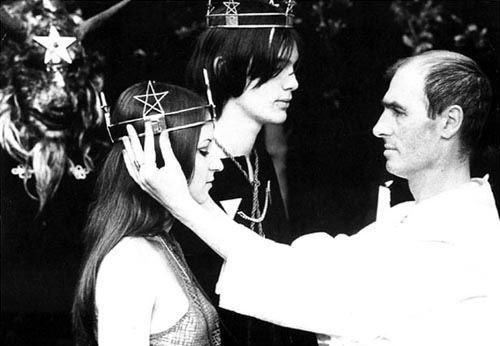

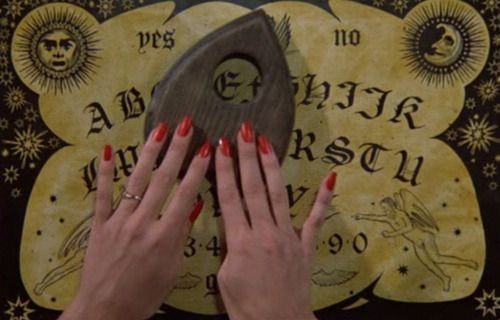
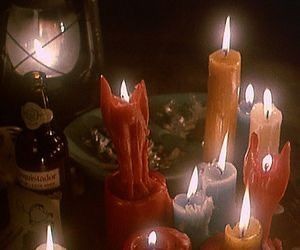
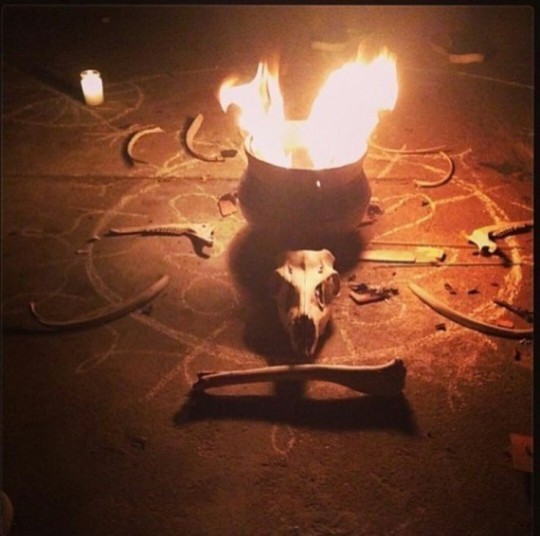
Your sustenance, your goodbye kiss
But you, won't live without me
Moon-soaked rising waters
Carry my love to you
#witches of tumblr#pagan wicca#paganism#paganblr#pagan witch#pagan#witchcraft#witchblr#witch#spells#angelic#strange boutique
14 notes
·
View notes
Text

5 notes
·
View notes
Text
Hellenism is the pinnacle of ‘Paganism’—the force that built empires, carved laws into stone, and sculpted marble into eternity. It was never just worship; it was dominion—of reason, war, and divine excellence. A faith of builders, warriors, and rulers—men who did not submit to fate but seized power through their will.
No other Indo-European tradition rivals Hellenism in written legacy, philosophy, or civilisational might. From Homer to Plato, from Alexander to Rome, its chain remains unbroken—not myth, but divine order made manifest. Hellenism was never a religion of submission, but of mastery—over self, nature, and fate. The Gods were not distant but forces to be understood, engaged, and embodied. Hellenic philosophers did not worship blindly; they dissected, contemplated, and elevated the divine to its highest form—the Olympian flame burned in the mind as much as in the temple.
For Europa’s ancestral Gods to reign again, Hellenism must lead. The Norse, Celts, and Slavs have their place, but without Hellenism as the Grand Architect, Europa’s sacred traditions remain scattered, passive, without a throne. This is not about competing factions—it is about reclaiming dominion.
If Hellenism rises, all rise. The path forward is not division, but unity under the aegis of Hellenism—the only force with the vision, strength, and wisdom to restore what was lost.
#pagan wicca#hellenic community#hellenism#paganblr#hellenic polytheism#hellenic pagan#paganism#pagan#pagan witch#hellenic gods#greek history#hellenic worship#pagan community#pagans of tumblr#pagan stuff#pagan blog#witch#witchcore#witch art#witches of tumblr#witchcraft#witches#witch community#witchy#witch world#witchy lifestyle#witchy woman#witchy art#queen of witches#witchblr
38 notes
·
View notes
Text

#eclectic wicca#pagan wicca#brujas of tumblr#escritos#diario#wicca español#eclectic pagan#female rage#divine feminine#female writers#dark aesthetic#dark femininity
4 notes
·
View notes
Text

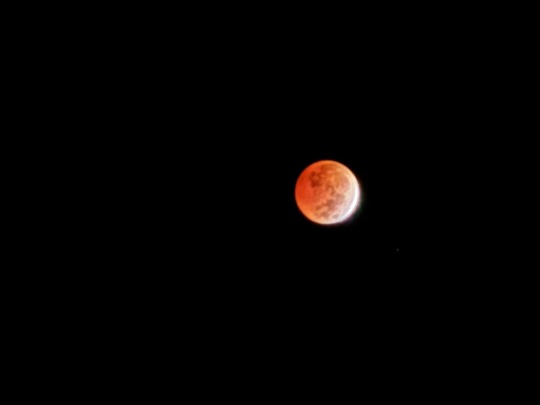
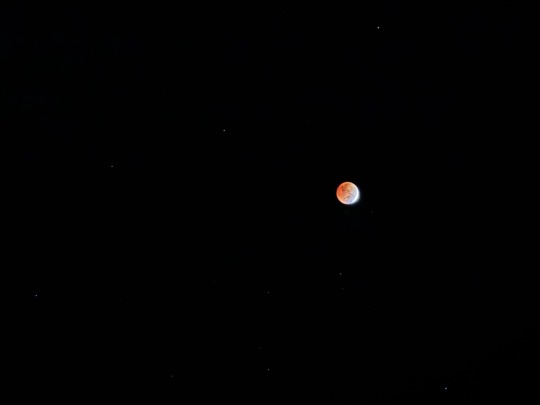
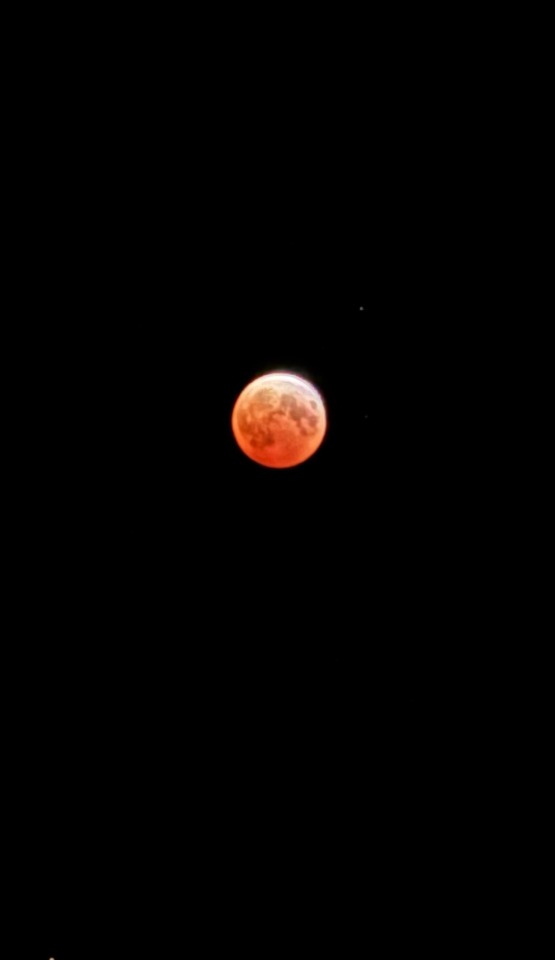
May the full Blood Moon mark this fated moment with rebellious anthems howled forth by those skull-faced crones who have seen this all before. May we meet them, these cunning bone-witches, dancing deep in the underworld caverns with the ghosts of fallen trees, orphaned futures, and dead stars. May we learn their rhythms well, these soothsaying spirit hags, and may we remember a dream-rich winter into being, one midnight song at a time.
71 notes
·
View notes
Text

#pagan wicca#love#paganism#wiccalife#pagan witch#wiccan#tumblr#wiccablr#pagan#witchcraft#witch#witchblr#magick
13 notes
·
View notes
Text
Hello, I am looking for a quite specific sort of spell or similar thing.
I want something that someone might label as a love spell. I don't want to make anyone fall in love.
I want a way to use a spiritual, magick way to gently and ethically project the feeling of love and affection onto someone in a way that feels comfortable to them.
Any tips are very welcome, thank you.
#witchcraft#witchblr#witches#wicca#pagan wicca#wiccan#magic#magick#spellcraft#spellwork#love spells#occult#alternative religion#goddesses#pagan gods#paganism#pagan witch#paganblr#hellenic pagan#pagan#hellenic polytheism#hellenic deities#hellenism#hellenic worship#love goddess#love witch#witches of tumblr
12 notes
·
View notes
